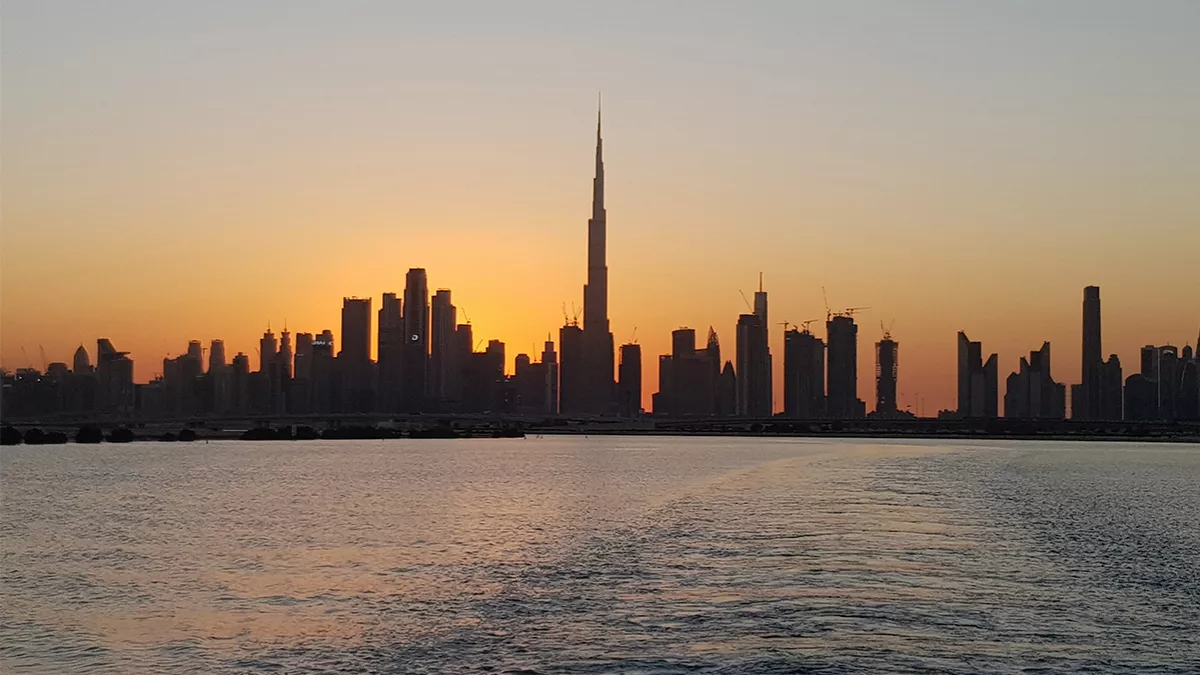Dubai's RTA rolled out its 'Zero-Emissions Public Transportation in Dubai 2050' on Sunday
29 May 2023
News
In an effort to reduce its carbon footprint in all areas of public transport, waste management, buildings, and associated infrastructure, Dubai's Roads and Transport Authority (RTA) launched its "Zero-Emissions Public Transportation in Dubai 2050" policy on Sunday. By designing buildings with nearly zero energy consumption, obtaining energy from renewable sources, eliminating municipal waste by sending zero waste to landfills, and decarbonizing all taxis, limousines, and public buses, the Authority hopes to reduce carbon dioxide emissions by 10 million tonnes and save Dh3.3 billion in comparison to current operations.
The new plan is a component of the UAE's preparations for COP28 and the UAE Net Zero by 2050 Strategic Initiative. It will help these commitments transform into real accomplishments.By 2030, around 10% of public transportation buses will be electric and hydrogen-powered; this percentage will rise to 20% in 2035, 40% in 2040, 80% in 2045, and finally 100% in 2050 as part of this effort. While 30% of taxis and limos will be converted to electric and hydrogen cars by 2030, that percentage will rise to 50% by 2035, and 100% by 2040.
In the same way, 10% of Dubai Taxi Corp.'s school buses would be electric and hydrogen-powered by 2030, 30% in 2035, 50% in 2040, 80% in 2045, and 100% by 2050. Along with expanding the usage of recycled water in its buildings and facilities to 40% by 2050, the Authority will also put into action a strategy to reuse and recycle 100% of municipal garbage by 2030, meeting the objective of 0 municipal waste going to landfills.
RTA's energy and green economy projects between 2014 and 2022 have helped save about 360 gigawatt-hours of power, 300 million gallons of water, 88 million litres of gasoline, and 10 million litres of diesel. This results in savings of about Dh420 million and the avoidance of 416,000 tonnes of equivalent emissions.
The RTA Board also talked about the opportunities and difficulties that come with the new strategy's implementation, such as the price of cutting-edge green technologies, how targets are distributed and reviewed over time, how important it is to have access to energy technology providers, especially for electric buses and hydrogen fueling stations, and other elements that affect how the new strategy is carried out.
